Smith Manoeuvre Portfolio – Dec 2008
For those of you just joining us, this is my portfolio that is leveraged with money borrowed from my home equity line of credit (HELOC). As the money borrowed is used to invest, the interest charged is tax deductible. For more details, check out the modified smith manoeuvre strategy.
It’s been a couple months since I’ve done an update and unfortunately, it has been an ugly couple months. As I mentioned in my last net worth update, I made some purchases that I shouldn’t have which has negatively impacted my portfolios.
In particular, since the last SM update, I purchased more Teck Cominco when it seemed like it couldn’t go any lower, but a couple weeks later, they declared that they would be cutting their dividend. This resulted in my $12 share price dropping to $4. As my emotions got the better of me, I sold half my position immediately on the dividend cut news. As luck may have it, the sell off had already accounted for the dividend cut news and it has since recovered a bit… after I sold some. :)
In more purchase news, I bought Toronto Dominion Bank (TD) as it remains one of the stronger retail banks in Canada with minimal sub prime exposure relative to the other banks. I also purchased more Manulife Financial (MFC) as they seem like the classical strong company that is irrationally oversold.
Here is my SM portfolio as of December 2008:
| Stock | Symbol | Shares | Avg Buy Price | Total | Div/Share | Yield |
| Royal Bank | RY.T | 75 | $47.62 | $3,571.25 | $2 | 4.20% |
| CIBC | CM.T | 45 | $67.14 | $3,021.25 | $3.48 | 5.18% |
| Power Financial | PWF.T | 105 | $35.14 | $3,689.65 | $1.25 | 3.56% |
| Scotia Bank | BNS.T | 75 | $46.20 | $3,465.23 | $1.96 | 4.24% |
| Manulife Financial | MFC.T | 125 | $33.12 | $4,139.48 | $1.04 | 3.14% |
| Fortis Properties | FTS.T | 100 | $26.69 | $2,669.49 | $1 | 3.75% |
| TransCanada Corp | TRP.T | 50 | $36.87 | $1,843.25 | $1.44 | 3.91% |
| FTSE RAFI US 1500 Small-Mid ETF | PRFZ.US | 20 | $51.50 | $1,029.99 | $0.42 | 0.82% |
| AGF Management Limited | AGF.B.T | 50 | $22.71 | $1,135.49 | $1.00 | 4.40% |
| Bank of Montreal | BMO.T | 25 | $44.17 | $1,104.24 | $2.80 | 6.34% |
| Husky Energy | HSE.T | 85 | $35.90 | $3,051.28 | $2.00 | 5.57% |
| Petro Canada | PCA.T | 50 | $30.57 | $1,528.49 | $0.79 | 2.58% |
| Teck Cominco | TCK.B.T | 100 | $15.35 | $1,258.99 | $0.00 | 0.00% |
| TD Bank | TD.T | 50 | $48.29 | $2,412.23 | $2.44 | 5.06% |
Total Portfolio Cost Base (including commissions): $33,920.32
Portfolio Holdings Value (excluding cash) on Dec 29, 2008 : $23,026.70
Total Dividends / Year: $1,366.50
Portfolio Dividend Yield: 4.03%
The shining star during this dark period is that interest rates are very low (3.50%) and possibly going lower. So low in fact that my dividend yield alone is enough to cover the interest charges. Add the tax deduction in the mix and there’s a decent spread between prime and dividends earned.
I've Completed My Million Dollar Journey. Let Me Guide You Through Yours!
Sign up below to get a copy of our free eBook: Can I Retire Yet?

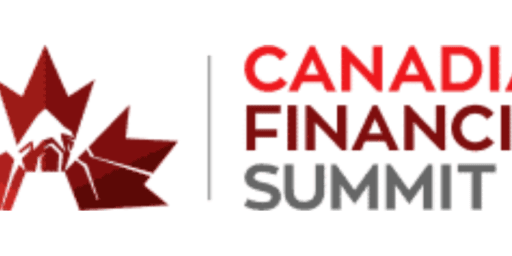

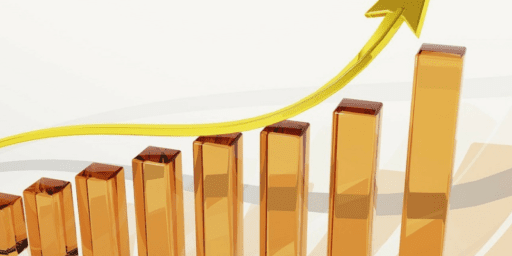
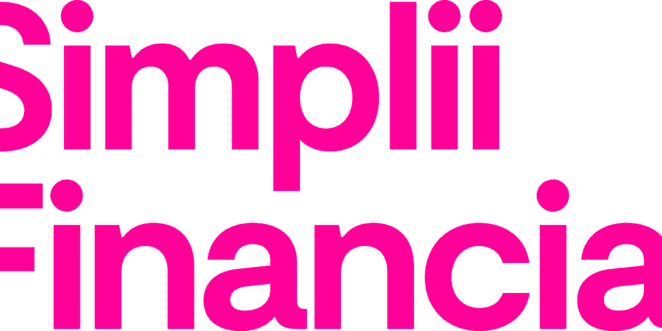

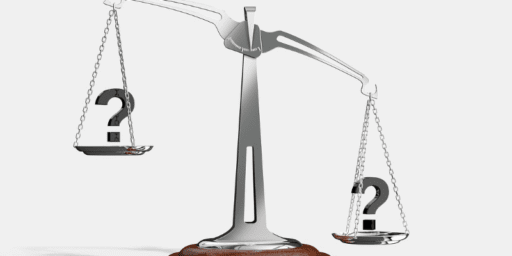
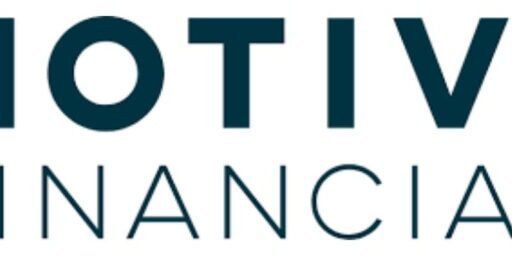


mcf, Bullseye is correct. My dividend yield is based on my purchase price and not current market conditions. Dividends are paid as $/share which doesn’t change based on market price. Not unless, of course, the company cuts, reduces or increases the dividend.
‘Because the dividend yield is a percentage of current market value, while the interest payments are based on loan principal (ie purchase price)’
No, dividend yield is a percentage of your cost at the time you bought it, not the current value. When you buy, you ‘lock in’ that yield, and that yield only changes when the dividend paid is increased or decreased by the held company.
Your 4.03% dividend yield might not actually be enough to cover your 3.5% interest rate. Why, you may ask? Because the dividend yield is a percentage of current market value, while the interest payments are based on loan principal (ie purchase price). So if, like many of us, your portfolio value is below the original borrowing cost, dividend yield needs to be quite a bit higher than the interest rate.
Reply to DGI and others:
Given the year that was for the markets and the uncertain times ahead, is the Smith Manoeuvre really a good idea?
If you don’t need a home equity line of credit to buy stocks or other investments, then should you really do it?
I figure, if you can save $2,000 – $5,000/year to buy some units of dividend-paying stocks, WHILE paying down the mortgage or debt, isn’t that a better strategy than leveraging “the house”?
Happy New Year!
It has definitely been a tough year for investors. Add in the leverage factor and the pain is even more pronounced. I learned one thing early in my stock market career – never to bet the house on the market or in other words use leverage to invest in the markets without clear risk management strategy.
Julie,
I transfer excess cash in my brokerage account to a High Interest Savings account, as I’m not expecting to need it instantly. These accounts seem to be paying better than GIC’s these days, so might be better than many money market instruments.
DAvid
Julie, no such thing as dumb questions. There is a short term currency risk with holding stock in USD. However, studies have shown that over the long term, currency risk is significantly reduced. If you are looking to index your American stocks, look at some of the ishares ETF’s which are currency hedged. (ie. XSP)
With regards to cash in the account, transferring excess cash to a high interest rate savings account is a good idea. In fact, E Trade offers a high interest account that can be transferred to your discount brokerage instantly. I have transferred money to a money market fund, but I believe the fees are individual to the brokerage. I have never been charged with buying/selling a money market fund, besides the MER of course.
Finance_Addict, I feel the same way. I have a lot of cash that could be deployed right now and the yields are very tempting. However, the thoughts of a dividend cut is enough for me to hold out a little longer. Out of all the banks, it looks like BMO may be at the highest risk with close to a 9% yield.
FT: Had Teck maintained the dividend I would have held. However you did the right thing to get out as it no longer makes sense to hold in a leveraged account. I too am very eager to buy TD and MFC. I am hesitant because I don’t want to see dividend cuts. I know it seems unlikely however times are such that anything is possible. I can’t find anyone who thinks dividend cuts are a real risk which makes me even more nervous. I have to think that issuing so much new equity at the lower prices only add further strain on maintaining the dividend going forward? With that said, limping in or averaging down I think makes good sense. It sure does help to have a wide spread between our borrowing costs and dividend yields. I am holding plenty of BCE but can afford to wait as my borrowing costs are easily covered…for now.
As someone who has just opened a brokerage account I found it interesting to read through your holdings.
Can I ask two dumb questions? (sorry, I’m really new at this).. re: your int’l holdings (e.g. FTSE) how do you hedge the currency risk? I’m interested in buying a few American stocks but must I necessarily assume the risk of currency as well as determining the risks of a particular stock?
Also, how do you determine what to do with short-term cash in your brokerage acct? My brokerage does not offer any kind of cash-optimizer account.. so I figure my choices are to transfer back to a high-interest savings account or buy a money market fund, though I’m not clear on what fees there are for redeeming such funds. Is it worthwhile to put money short-term into such a fund?
Any insights you or readers have would be greatly appreciated :) Many thanks..
Ian, the portfolio value is down quite a bit, but the dividends have held up. With regards to the wifey, we both share the same financial goals. As long as I explain the strategy and what the risks are, she will more or less trust my judgement as I would hers on subjects that she’s passionate about.